Eugenio Montale was one of the most important Italian poets of the 20th century. He was born in Genoa on October 12, 1896, into a well-to-do mercantile family. He graduated from a technical school and cultivated literary and cultural interests on his own, devouring books in Genoa libraries. In 1917 he was drafted into the Italian military and served in World War One.
When he returned home, he published his first poems and essays in literary magazines. In the meantime, Italy had fallen under the fascist regime, which Montale strongly opposed. In 1925 he signed the Manifesto of Anti-Fascist Intellectuals, written by philosopher Benedetto Croce.
That same year he published his first collection of poems, Cuttlefish Bones, [Cuttlefish Bones (1925)] one of the most important works of 20th-century Italian literature. Montale’s poems express contemporary man’s discontent, portraying a human soul anguished by its inability to escape contingency and feel any shared connection with his world. For Montale, even nature reflects modern man’s existential unease. Montale used the image of a dry, crumpled leaf made brittle by the sun to express man’s existential angst. In 1927 he moved to Florence, where he worked first for the publishing house Bemporad, and then for Gabinetto Vieusseux, a prestigious private library. He was director there until 1938. The following year he published a second collection of poems, The Occasions. [The Occasions (1939)] These poems are also dominated by existential pessimism, and feature the presence of many female figures to whom the poet seems to entrust his hopes of happiness. But disappointment remains a central theme, for Montale feels man cannot escape the angst of living.
Montale also worked as a translator, translating texts by T.S. Eliot and Hermann Melville, among others. In 1948 he moved to Milan and was hired as an editor by the Corriere della Sera, an Italian newspaper. He later became a music critic, and in 1956 published his third collection of poems, The Storm and Other Poems. By now Montale had acquired international renown, and had received important awards including the 1959 French Légion d’honneur. In 1967 he was appointed senator-for-life in Italy. In the 1970s he published three more collections of poems. Among these Satura stands out as a turning point in Montale’s poetry. In it, the metaphysical reflection of his earlier works was replaced by a ferocious and sarcastic attack on modern consumer society. In 1975 Montale received the Nobel Prize for literature. He died in Milan on September 12, 1981 and was honored with a state funeral. He was 84.
When he returned home, he published his first poems and essays in literary magazines. In the meantime, Italy had fallen under the fascist regime, which Montale strongly opposed. In 1925 he signed the Manifesto of Anti-Fascist Intellectuals, written by philosopher Benedetto Croce.
That same year he published his first collection of poems, Cuttlefish Bones, [Cuttlefish Bones (1925)] one of the most important works of 20th-century Italian literature. Montale’s poems express contemporary man’s discontent, portraying a human soul anguished by its inability to escape contingency and feel any shared connection with his world. For Montale, even nature reflects modern man’s existential unease. Montale used the image of a dry, crumpled leaf made brittle by the sun to express man’s existential angst. In 1927 he moved to Florence, where he worked first for the publishing house Bemporad, and then for Gabinetto Vieusseux, a prestigious private library. He was director there until 1938. The following year he published a second collection of poems, The Occasions. [The Occasions (1939)] These poems are also dominated by existential pessimism, and feature the presence of many female figures to whom the poet seems to entrust his hopes of happiness. But disappointment remains a central theme, for Montale feels man cannot escape the angst of living.
Montale also worked as a translator, translating texts by T.S. Eliot and Hermann Melville, among others. In 1948 he moved to Milan and was hired as an editor by the Corriere della Sera, an Italian newspaper. He later became a music critic, and in 1956 published his third collection of poems, The Storm and Other Poems. By now Montale had acquired international renown, and had received important awards including the 1959 French Légion d’honneur. In 1967 he was appointed senator-for-life in Italy. In the 1970s he published three more collections of poems. Among these Satura stands out as a turning point in Montale’s poetry. In it, the metaphysical reflection of his earlier works was replaced by a ferocious and sarcastic attack on modern consumer society. In 1975 Montale received the Nobel Prize for literature. He died in Milan on September 12, 1981 and was honored with a state funeral. He was 84.
RELATED


PHARRELL WILLIAMS


ERNST LUDWIG KIRCHNER
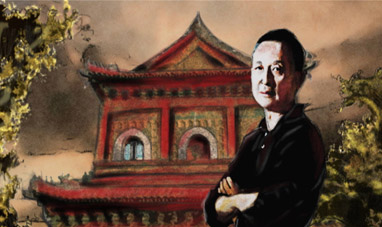

GAO XINGJIAN
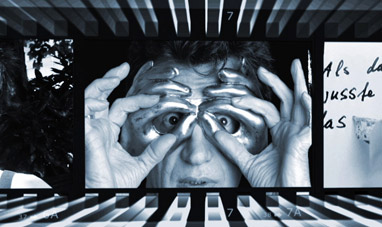

WIM WENDERS
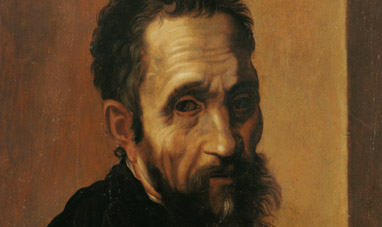

MICHELANGELO BUONARROTI
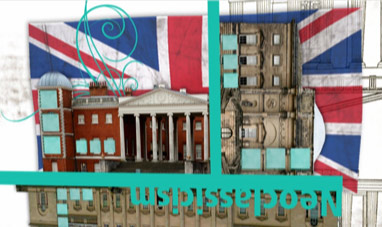

ROBERT ADAM
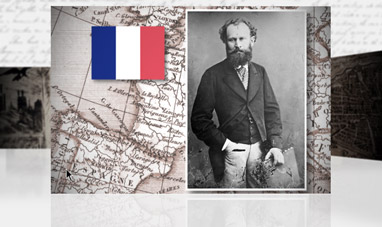

EDOUARD MANET


JOVANOTTI
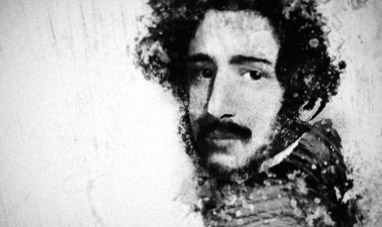

GAETANO DONIZETTI
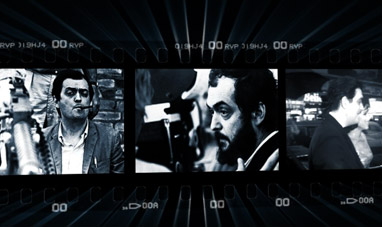

STANLEY KUBRICK
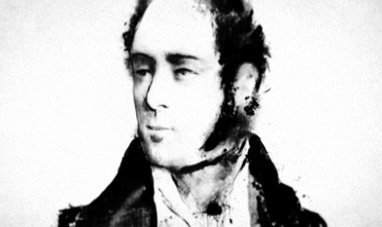

VINCENZO BELLINI
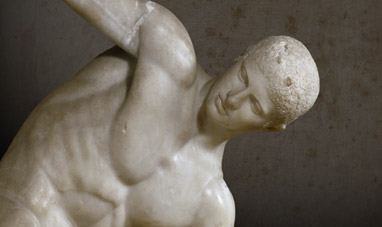

MYRON
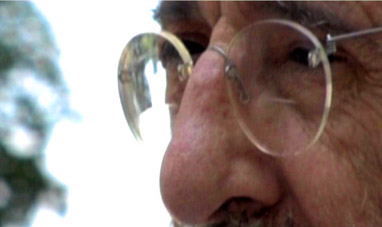

ÁLVARO SIZA VIEIRA
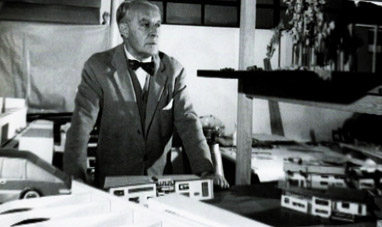

GIO PONTI
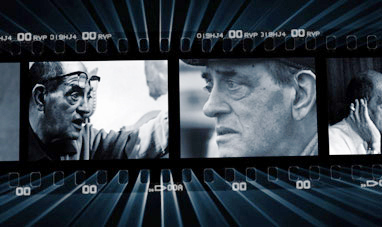

LUIS BUÑUEL


KRZYSZTOF KIELOWSKI


ANTONIO CANOVA
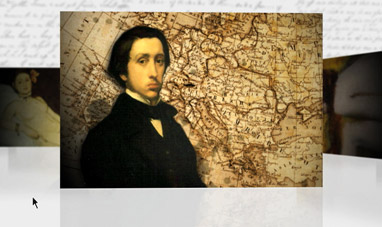

EDGAR DEGAS
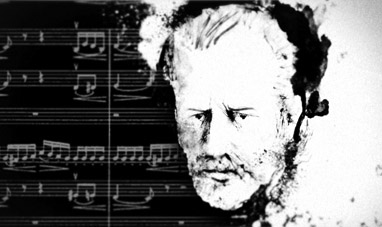

PYOTR ILLYCH TCHAIKOVSKY


KATE MOSS
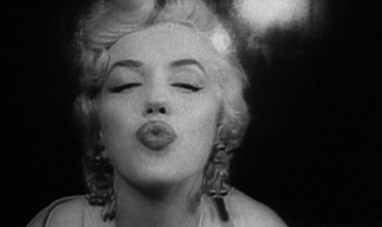

MARILYN MONROE
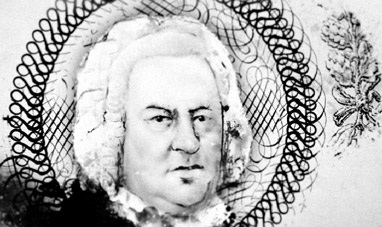

JOHANN SEBASTIAN BACH


AUDREY HEPBURN
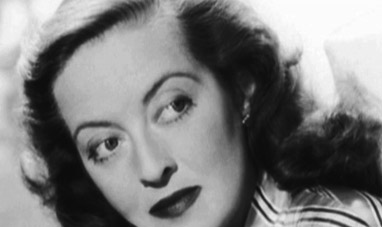

BETTE DAVIS
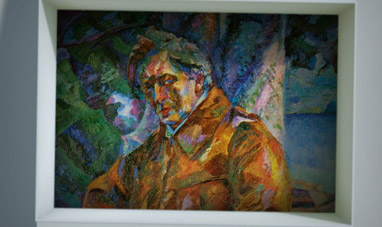

UMBERTO BOCCIONI


QUENTIN TARANTINO
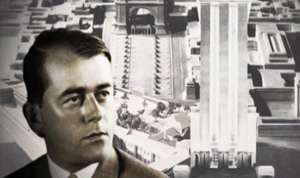

ALBERT SPEER
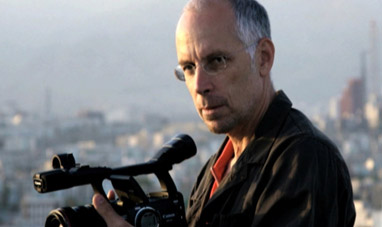

GABRIELE SALVATORES
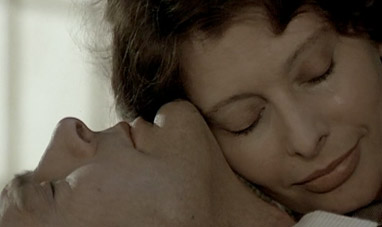

SOPHIA LOREN


GIUSEPPE PENONE
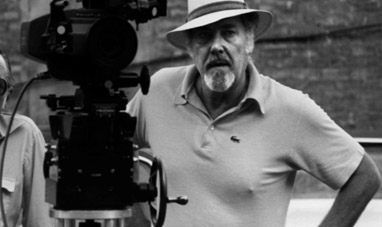

ROBERT ALTMAN
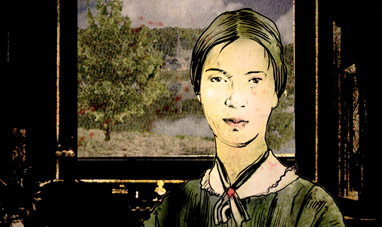

EMILY DICKINSON
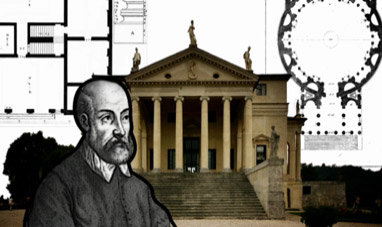

ANDREA PALLADIO
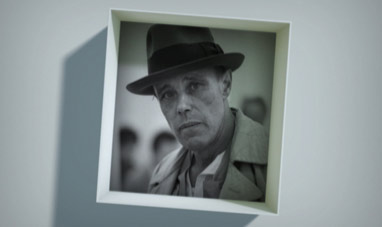

JOSEPH BEUYS
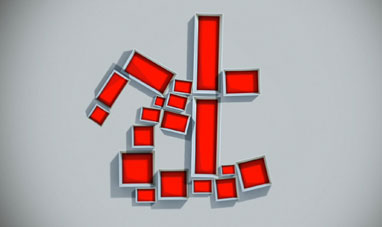

MICHELANGELO PISTOLETTO


MARTHA GRAHAM
